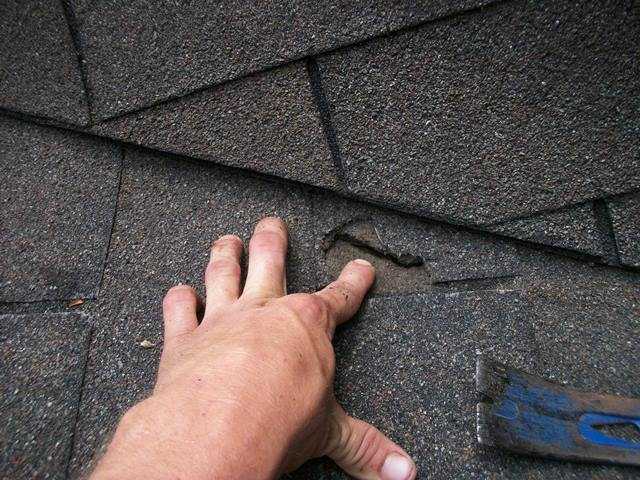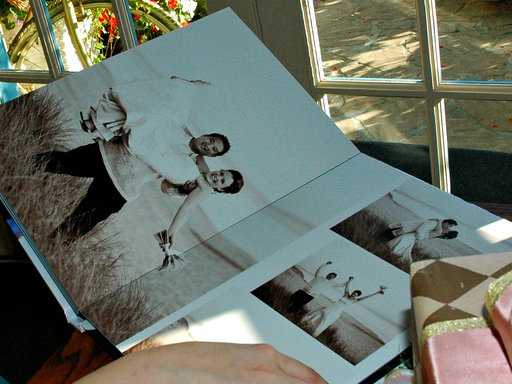While puppies are adorable and appear irresistible, they require attention and care to thrive. It is, therefore, essential that you get ready to raise them and know what they need. In some cases, you will get a puppy that has not received any training. This will require that you work with a trainer to help your puppy socialize. Puppy classes teach puppies good behavior, obedience, tricks, and even housebreaking.
The class you enroll your pet in should have an experienced trainer. In most cases, the classes are conducted in a training facility. The trainer may also hold some classes in other areas, such as veterinary clinics, pet supply stores, or any canine-related facilities. Irrespective of which puppy school you choose in Salt Lake City, it is necessary that you play your part in enhancing your pet’s proper learning. Here is how to prepare for puppy classes.
Documents
Before the commencement of classes, you will need to put all the important documents in order. These are used by the training facility to evaluate the health of your puppy. They act as proof that your pet is fit to attend the classes. Bring your dog license and vaccination certificates with you. These include certificates of rabies, hepatitis, parvo, and distemper vaccinations.
Accessories
Collars and leashes are essential in the training process. They help in controlling your pet. Without them, it will be hard to keep your pup put, thus affecting the quality of training. You can talk to the trainer prior to the classes so that they can recommend appropriate collars and leashes. If you can, it is advisable to pack an extra set, too.
Exercise
Young puppies are full of energy. If they are hyperactive during the training session, they may not get the commands and tricks being taught to them. To take your pet’s energy down, allow them to have some play time before the classes. You can take them for a short walk or jog within the house. These light exercises keep them calm, so they can concentrate in class.

Consider Carrying Treats and Toys
Rewards and praises are a great part of the training process. While your trainer will probably have treats which they use on your pet when handling them, you will also want to have some with you. This way, your pet can learn to associate the learning process with a positive outcome. You can also carry a toy that is likely to hold their interest while they are on break, after the session, and while they are waiting to get home.
Feeding
Training sessions can be rigorous. Your puppy can also be anxious before they get used to it. These can lead to accidents during sessions. Feeding them right before training increases this chance. To avoid this, feed your puppy and give them medication in advance. Also, have your dog take a restroom break before the session begins to minimize accidents and keep your pup confident.
Preparing in advance helps make the training sessions fun. This is especially important during the first sessions. With guidance from the trainer, you can continue the training at home too. The aim is to start small, be consistent, and have patience. While you are at it, do not be too strict. After all, you are only dealing with a puppy, and they will get it in time. Other than complementing the trainer, this will also give you time to play and bond with your pet.




